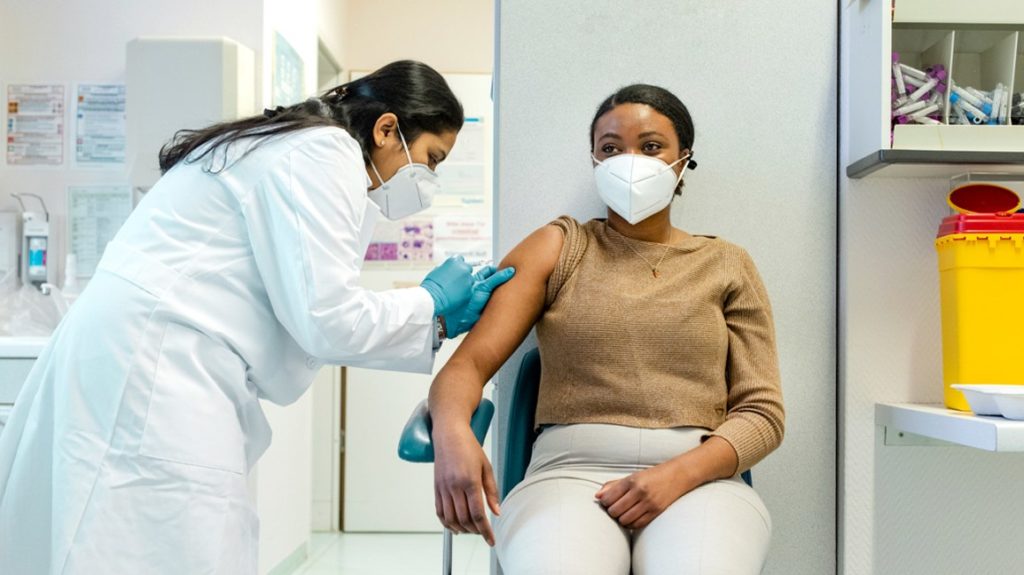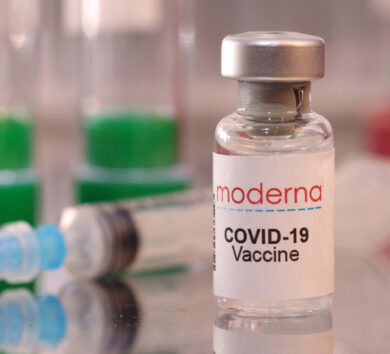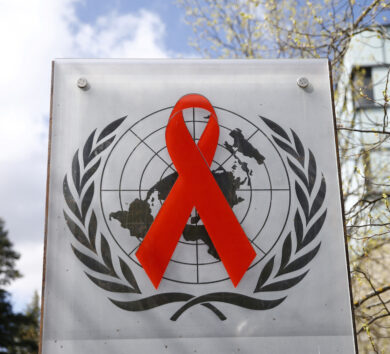

As of September 2, some 30,000 women have submitted reports to the UK Medicines and Healthcare Products Regulatory Agency (MHRA) surveillance scheme, detailing that, after receiving the COVID-19 jab, they have experienced changes in their menstrual cycle.
Following these reports, Dr Victoria Male, a reproductive specialist in the Department of Metabolism, Digestion and Reproduction, posits there is a plausible connection between the two and it should be investigated. Despite reports of these adverse effects, menstrual changes and unexpected vaginal bleeding are not listed as common side effects of the COVID-19 vaccine.
However, these changes do not last for an extended period of time, as periods return to normal in the following menstrual cycle. Additionally, there is no evidence that shows the vaccine affects fertility.
Despite Male’s observation, the MRHA says that its surveillance data does not support the connection between menstrual cycle changes and the COVID-19 vaccine. This as generally the number of reports is low in relation to both the number of people vaccinated and the prevalence of menstrual disorders.
However, Male says that firm conclusions such as this are difficult to make, given the way data is amassed.
The reproductive specialist argues that alternatives better able to compare rates of menstrual changes in vaccinated versus unvaccinated populations are essential, and highlights that the US National Institutes of Health (NIH) has made $1.67 million available to encourage this important research.
“One important lesson is that the effects of medical interventions on menstruation should not be an afterthought in future research,” Male shares.

She argues that if there is a connection, it is likely to be the immune system’s response to the vaccine rather than a single component in the vaccine.
Male adds that if there is a confirmed link between the two, this will enable women seeking the vaccine to plan in advance for potentially altered cycles.
In the meantime, Male suggests that clinics should encourage their patients to report any changes they experience to the MRHA scheme, after being administered the vaccine.

Furthermore, anyone reporting a change in periods persisting over a number of cycles, or new vaginal bleeding after menopause, should be managed according to the usual clinical guidelines for these conditions.







Comments